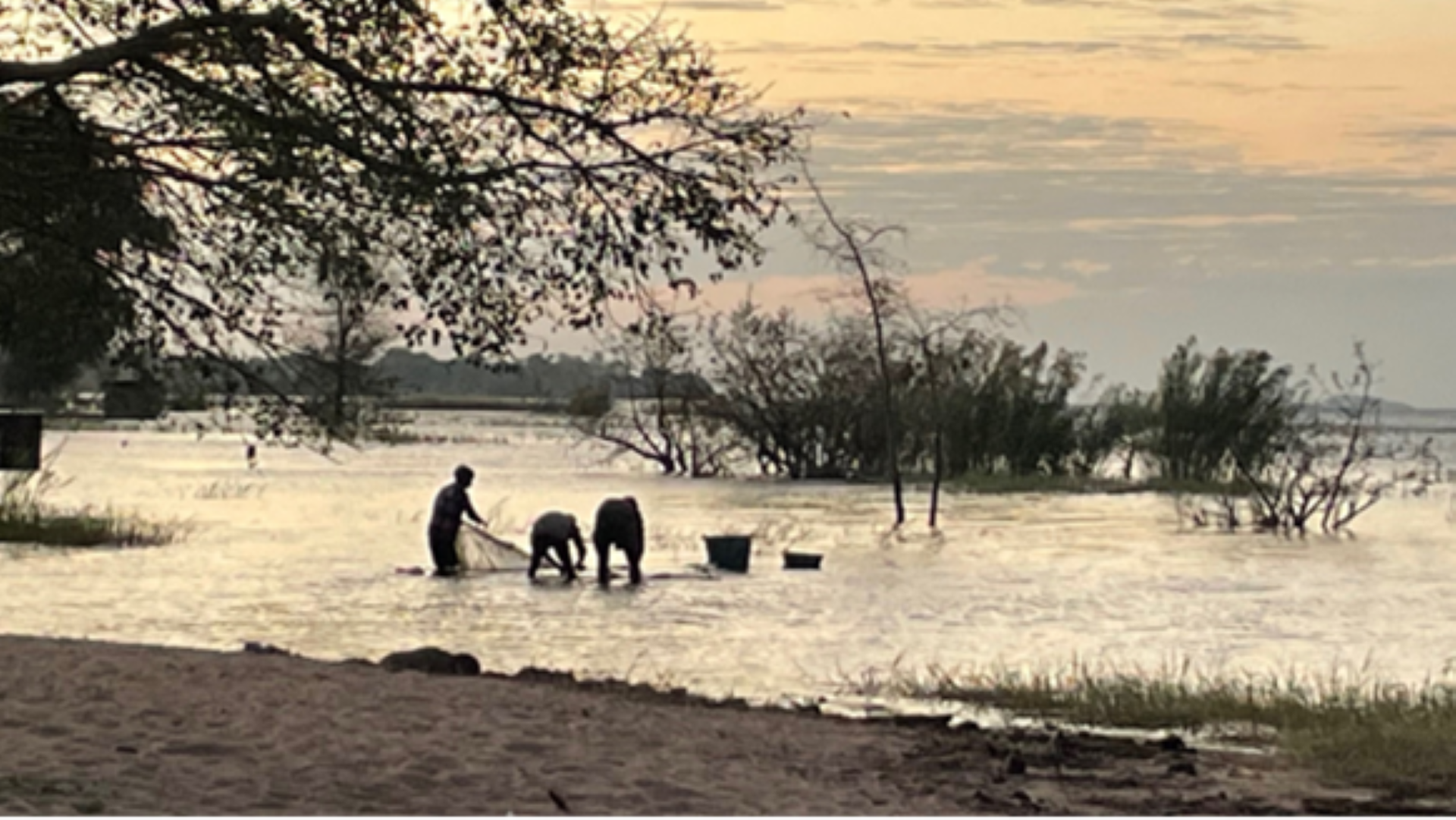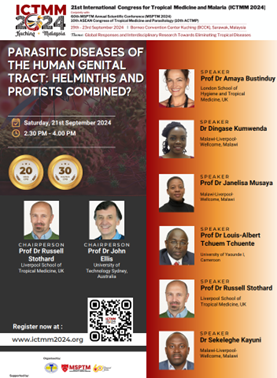
As the HUGS project enters its final year, some of the salient findings from the male genital schistosomiasis (MGS) and female genital schistosomiasis (FGS) sub-studies are ready to be shared with the wider public.
Three recent publications stand out as prime examples of the project’s work:
- Frontiers | A rapid DNA screening method using high-resolution melt analysis to detect putative Schistosoma haematobium and Schistosoma mattheei hybrids alongside other introgressing schistosomes (frontiersin.org),
- Frontiers | Challenges in diagnosis and control of Female Genital Schistosomiasis (FGS) in sub-Saharan Africa: An exemplar case report associated with mixed and putative hybrid schistosome infection in Nsanje District (frontiersin.org).
- Detection of male genital schistosomiasis (MGS) associated with human, zoonotic and hybrid schistosomes in Southern Malawi | BMC Infectious Diseases | Full Text (biomedcentral.com)
Each publication highlights some of the HUGS team’s recent research outputs including a key finding that Schistosoma mattheei, typically a parasite of cattle, causes significant genital tract disease.
Some of these papers’ contents were aired on the 4th and 5th September at the Autumn Symposium of the British Society for Parasitology (BSP-AS). This meeting took place at the Flett Lecture Theatre, Natural History Museum, London and was organised by Dr Bonnie Webster (NHM) and Dr Seke Kayuni (MLW/LSTM).
The event provided a closer look at African schistosomiasis and how, despite ongoing national control, schistosomes continue to damage the human reproductive tract in each gender, causing both suffering and stigma. A particularly compelling video of the effects that climate change is having on the changing epidemiology of schistosomiasis along Lake Malawi was introduced by Professor Janelisa Musaya, click here to watch it.
Abigail Crawley, Lilly Aktins, Jordan White, Fatima Ahmed, and Guilleary Deles presented their projects as posters and speed talks. We were particularly delighted that Jordan’s work was awarded a poster prize, although all our MRes/MSc students’ presentations were of an outstanding standard.

Growing international interest in MGS and FGS research was also seen at the International Congress for Tropical Medicine and Malaria (ICTMM) in Kuching, Malaysia. There, HUGS organised a special session discussing parasites of the human genital tract. The talks placed a new spotlight on schistosome co-infections with Trichomonas vaginalis, a parasitic protist, and Human Papilloma Virus, a significant driver of cervical cancer. Dr Dingase Kuwenda’s presentation outlined further unpublished HUGS findings on the clinical pathology of women within the Mangochi and Nsanje HUGS study communities.

To ensure these presentations will soon be formalised into published scientific outputs, a special issue of the Cambridge University Press journal Parasitology has now been opened, read this article to find out more. After peer review, we look forward to seeing several HUGS outputs consolidated into this special issue by mid-2025.
It is also worth noting that on the 14th October at the World Health Summit 2024, it was announced that Malawi is now set to receive increased international support to tackle FGS with a funding package from the German Government. We are proud to report that HUGS research has helped to stimulate this welcome international health investment for the Ministry of Health, Malawi.